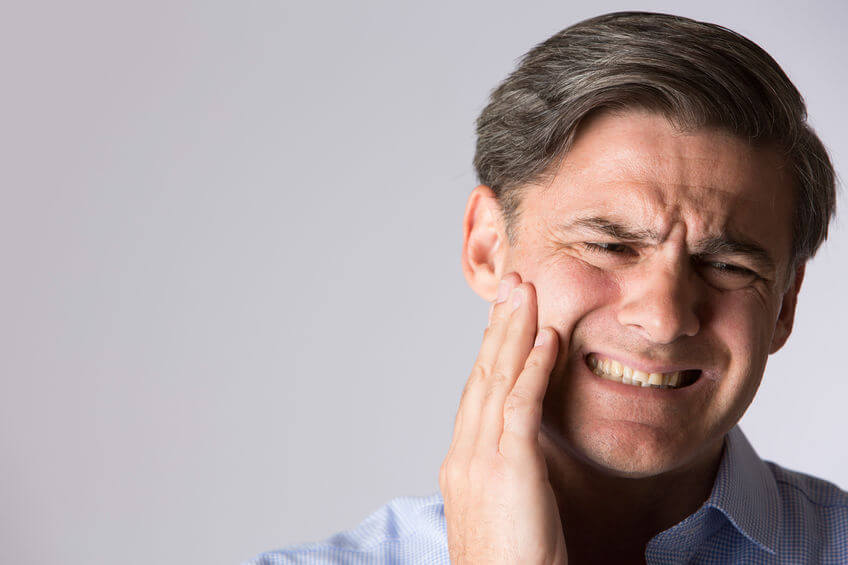
Do you know that the biting force of human males can be as much as 120 kg for our first molars? Or that we bite stronger than any of the great apes when adjusted for size? Unfortunately, negligence in oral health over the long run results in advanced gum disease or dead tooth. Accidents and our hereditary factors may also lead to tooth loss. Here are some of the causes for tooth losses.
Advanced Gum Disease
Made of tissue and ligaments that keep your teeth stable, your gums work as protective shields for your tooth roots. They also stimulate your jaw bone to grow around the tooth. When bacteria cause an inflammation of your gums, these ligaments start vanishing. Your gum may then pull back, resulting in a loss of bone surrounding your tooth.
Also called periodontal disease, gum disease loosen your teeth and expose your sensitive tooth roots. This makes it an easy job for bacteria to form on your teeth, resulting in tooth-root decay and tooth loss.
Accidents
If you are an active sportsperson, you may encounter accidents which could lead to the loss of one or several teeth and cause trauma to your gums and jaw bone. Often, this becomes obvious months or years after the accident, when it has already impacted the tooth root.
Hereditary Factors
Some people are born with a reduced number of teeth or no teeth at all. This is an illness also known as congenital anodontia. Others may never develop their permanent adult teeth. Sometimes the surface of your tooth (enamel) is not strong enough, which can create cone or peg-shaped teeth (ectodermal dysplasia).
Dead Tooth
Dental plaque is a biofilm which forms on your teeth and gives it that rough sensation. If it is not regularly brushed away with a toothbrush, plaque may attract bacteria which transforms sugar and starch in your mouth into acids. These acids have a negative effect on the tooth enamel by dissolving the minerals that harden it.
With time, this can destroy your teeth by creating holes (cavities). If these cavities are not treated in a timely and proper manner, the decay may spread deep into the gum tissues and your tooth may die.
| Need a consult with our dental implant team? Make an appointment with one of our dental specialists here for a thorough checkup. Have any dental enquiries? Fill in the online form or call us at (65) 6734 9393. |





